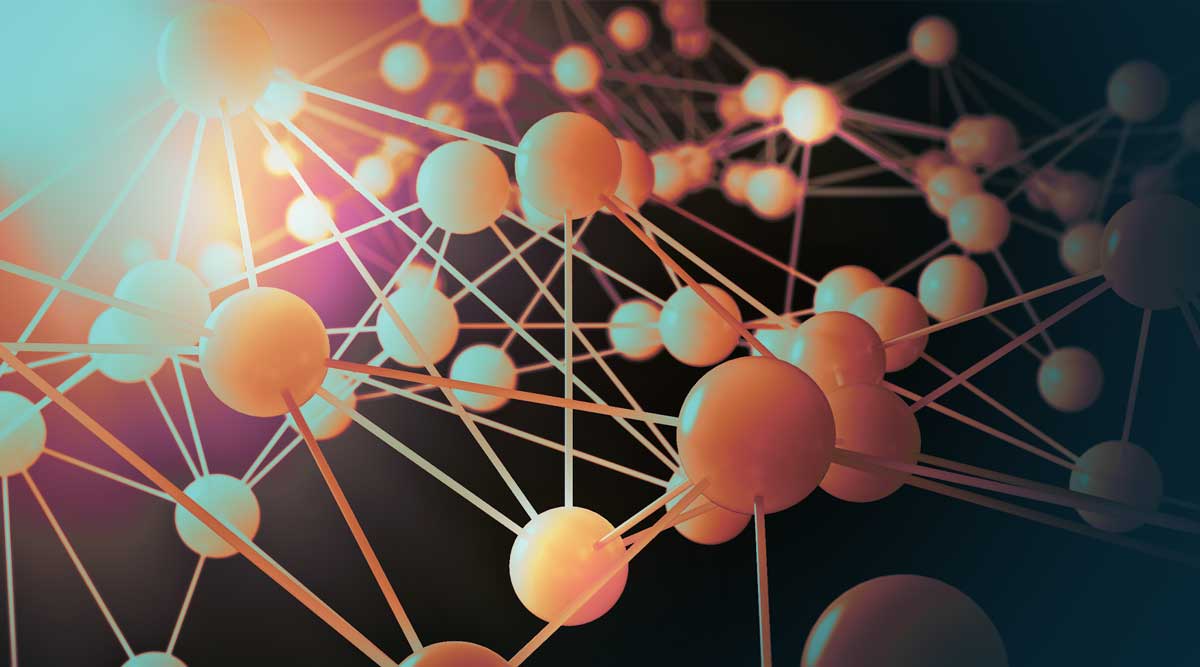Imagine Don Draper’s brain power multiplied by two million – that’s what artificial intelligence (AI) can do for your marketing efforts. AI may seem like it’s the realm of data scientists who view the world in binary terms, but it’s actually a hugely important element of a modern marketing tech stack. When used effectively, it can be a competitive differentiator and help any company dramatically improve at finding and closing leads.
AI helps sales and marketing teams align creativity, best practices, and data science, and it can be the force that focuses go-to-market efforts. Marketing teams can use AI to rapidly analyze and make sense of massive amounts of data which helps them invest their resources efficiently and boost lead generation performance and ROI.
AI as a marketing weapon
Skeptics are being won over when they discover that sales and marketing teams are prioritizing AI more than any other teams within companies. According to Adobe, companies who demonstrate high revenue growth are twice as likely as their competitors to use AI in their marketing efforts. What high performance teams understand is that data is only useful if you can understand it in context, and execute on it. AI enables you to do that.
While planning, team alignment, and agreement on KPIs are all critical factors to sales and marketing efforts, AI helps identify what’s working and helps eliminate wasted effort. Some have criticized AI as an effort to remove the human element from marketing, but quite the opposite is true. AI gives marketing teams insights to help them go to market with campaigns that are highly targeted to the interests of prospects. In fact, many CMOs indicate that delivering personalized experiences is driving their investment in AI.
Optimizing the marketing tech stack with AI
Companies, no matter how big or small, are sitting on a ton of data about customers, campaigns, and their own operations. CRM, marketing automation, chats, email tools, and other solutions improve execution, but without coordination among them, it’s harder to make connections among these disparate data sources. AI also goes past the binary and presents findings in a way that can be quickly be translated into action.
AI can make that coordination possible because it identifies patterns and connects data that can be used to optimize the strategy and execution of campaigns. Marketing teams can use AI as a way to automatically deliver insights about specific aspects of their marketing activities, and then continuously improve upon them with new insights.
Need help converting more of your leads into appointments?
Talk to a Verse Lead Conversion Specialist to see how we can help.
Imagine Don Draper’s brain power multiplied by two million – that’s what artificial intelligence (AI) can do for your marketing efforts. AI may seem like it’s the realm of data scientists who view the world in binary terms, but it’s actually a hugely important element of a modern marketing tech stack. When used effectively, it can be a competitive differentiator and help any company dramatically improve at finding and closing leads.
AI helps sales and marketing teams align creativity, best practices, and data science, and it can be the force that focuses go-to-market efforts. Marketing teams can use AI to rapidly analyze and make sense of massive amounts of data which helps them invest their resources efficiently and boost lead generation performance and ROI.
AI in (marketing) action
Consider an example of email campaigns. Most companies gauge success of email activity based on open rates and clicks. While informative, it’s not much to base decisions on, and it leaves a lot of guesswork in order to identify the right elements of their marketing strategy. Put AI on the task, however, and it can go far deeper.
Timing email delivery, for instance, has always seemed like one of the dark arts. There has to be balance between sending too many or too few emails. There’s also the fact that competition for attention even within in-boxes is becoming fierce. With AI, algorithms get hyperfocused on time zones and can calibrate the optimal time to send emails. This takes into account that not everyone reads their email when you send it. You can now develop a strategy of delivering emails to different target accounts, different time zones, even to specific people, all based on their likelihood of seeing and opening the email.
Most email marketing tools give you some demographic data, but AI combines users historical behavior, their interests, and how they typically respond (do they like discounts, or are they drawn to product demos?). Knowing what to deliver, and to whom you should deliver it dramatically increases conversion rates.
Flexing your marketing muscle
For the unconvinced, think about all the activities you’re doing now as part of your marketing efforts. Then consider how applying AI to those efforts will make your life easier, but also far more effective
Reduce churn: losing customers is a killer, but can be averted if you can anticipate when you might lose them. With AI, you can pull together data on the frequency of a customer signing in to your service, engagement and responsiveness to your ongoing communication, CRM data, information about their company, and other data points. This helps you predict how likely or not a customer is to remain with you, and enables you to devise a strategy to keep them.
Improve experimentation: if you’re running tests on your website, in your email marketing, and online ad campaigns, you know you can glean some useful information, but acting on it can still be a mystery. A CTA on your website, for example, may be getting a lot of clicks, but AI can tell you where in the click path you’re winning or losing conversions. It can give you data about which content converts best, and not just convert from one page to another, but converts from click to deal close.
Going multi-channel: companies invest in marketing activities across multiple channels, including digital ads, content syndication, social media, email marketing, website marketing, and a host of others. A lot of that money can be wasted if you don’t know how effectively it’s performing, so measurement is critical. But AI can connect performance data about each channel and create a more comprehensive picture of your activities. For example, you might think social media is doing great, but AI can help you discover that Instagram is a waste of money while Twitter is great at converting. You may further discover that certain Twitter ads, when repurposed on LinkedIn for specific audiences, are actually your highest performing ads. Going even deeper, AI can tell you the time of day that those ads are most likely to get engagement. Your marketing dollars go a lot further when you know where to scale back and where to double-down.
Marketing is all about optimizing the funnel from engagement to closing business. AI allows you the ability to refine efforts along the funnel so you know what’s working, how to invest, and where to realize efficiencies. The perspectives delivered by AI provide new perspectives that enable more and better interactions with prospects and customers.


